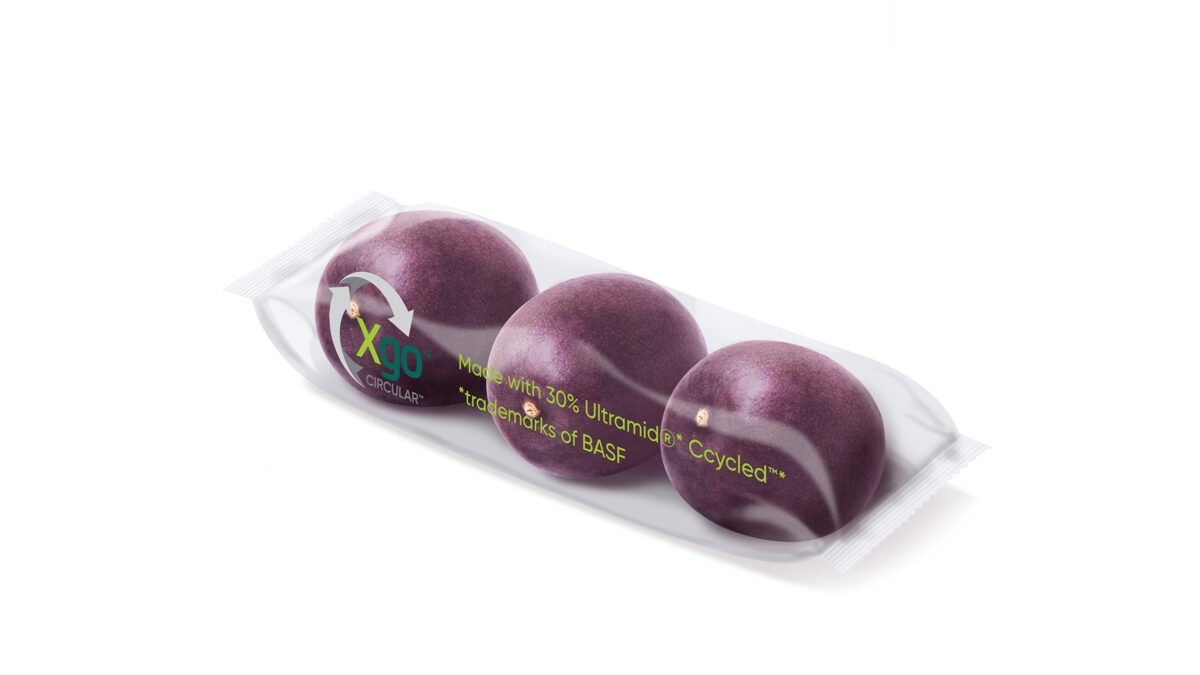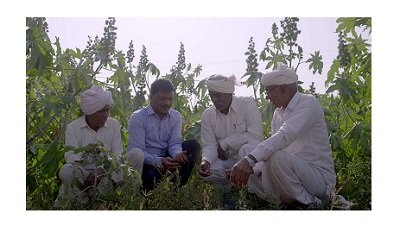BASF SE and its partners publish year 7 impacts for ‘Pragati’, sustainable castor bean programme
The partners now commit to a third phase for the world’s first sustainable castor program.
BASF, Arkema, Jayant Agro-Organics and implementation partner Solidaridad launched the project in May 2016. For year seven the members officially updated the impacts of the program so far:
More than 7,000 farmers have been trained, audited, and certified.
Over 74,500 tons of certified castor seed have been cultivated.
Year 7 yield is 36 per cent higher than the yield published by the local government for this region.
Over 7,000 hectares are now being regularly farmed in accordance with the success sustainable castor code (see www.castorsuccess.org) – more than 27,000 hectares cumulatively; Pragati farmers are increasing their land dedicated to castor farming as it is seen as a profitable crop.
The partners have committed to Phase 3 of Pragati, comprising of three years, from 2023-2026. The next phase of the project will see continued attention being paid to sustainable farming with a special focus on greater female participation and improved water management techniques in the farming communities.
The project was driven by a baseline survey of more than 1,000 castor farmers in Gujarat, India, where most of the world’s castor supply originates. The original baseline study highlighted the fact that farmers see castor as a highly remunerative and profitable crop – easy to grow, and easy to sell.
The practices followed in the Pragati project have resulted in a lower water consumption compared to conventional practices. The data measured in the demo plots for these practices showed about 21 per cent less consumption of water.
Over 7,000 safety kits and crop protection product boxes have been distributed free of charge.
More than 100 medical camps organized in all project villages this year successfully conducted health monitoring of 8,500+ farmers, workers, and their family members, of which 65 per cent were farmers enrolled in the Pragati program.
Farmers from more than 100 villages in North Gujarat now participate in the program.
This year, more than 380 capacity-building training sessions were held with farmers.
Over 475 lead farmers have been identified and trained to guide certified farmer groups.
The goal of the project has been to enable sustainable castor crop production by:
Using good agricultural practices to increase yield and farmer income
Efficiently using water resources and maintaining soil fertility
Driving adoption of good waste management practices
Enabling better health and safety practices and respecting human rights
The partners now commit to a third




